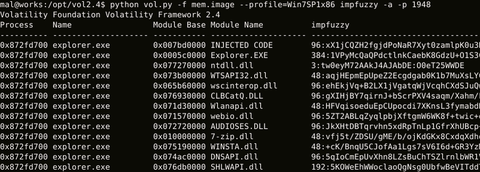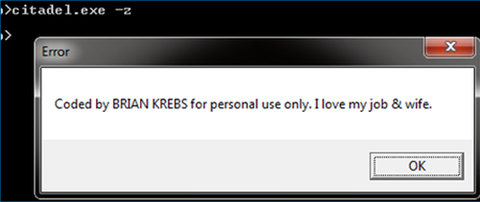Hi again, this is Shusei Tomonaga from the Analysis Center. Today I will introduce a tool “impfuzzy for Volatility”, which JPCERT/CC has created for extracting known malware from memory images and utilises for analysis operations. Malware Detection in Memory Forensics To judge if a file type malware sample is a known kind, the easiest and fastest way is to check the hash value (e.g. MD5 or SHA 256) of the...
List of “Tool”
-
-
Hello all, this is Shusei Tomonaga again. Generally speaking, malware analysis begins with classifying whether it is known malware or not. In order to make comparison with the enormous number of known malware samples in the database in a speedy manner, hash values are used, derived by performing hash functions to the malware sample. Among the different hash functions, traditional ones such as MD5 and SHA1 derive totally different hash...
-
From the latter half of 2015 to 2016, there have been an increasing number of cyber attacks worldwide using Adwind, a Remote Access Tool [1]. JPCERT/CC also received incident reports about emails with this malware in its attachment. Adwind is malware written in Java language, and it operates in Windows and other OS as well. It has a variety of functions: to download and execute arbitrary files, send infected machine...
-
Hello again, this is You ‘Tsuru’ Nakatsuru from Analysis Center. It has been just about two years since I delivered a talk “Fight Against Citadel in Japan” at CODE BLUE 2013 (an international security conference in Tokyo) about the situation on banking trojans observed in Japan at that time and detailed analysis results on Citadel (See my blog entry here). For the presentation material and audio archive, please see Reference...
-
Hello, this is You ‘Tsuru’ Nakatsuru at Analysis Center. As introduced in the previous blog post, my colleagues presented on the attacks arising in Japan at CODE BLUE 2015, entitled “Revealing the Attack Operations Targeting Japan”. In this entry, I will introduce the details of an IDAPython script “emdivi_string_decryptor.py”, which JPCERT/CC developed to analyse Emdivi, a remote control malware. The script was also introduced in our presentation at CODE BLUE...
-
Hello again – this is Shusei Tomonaga from Analysis Center. This blog entry is to introduce “apt17scan.py” created by JPCERT/CC to detect certain malware used in targeted attacks, and to extract its configuration information. It is a plugin for the Volatility Framework (hereinafter “Volatility”), a memory forensics tool. My colleague Yuu Nakamura and I had the honour to introduce this at CODE BLUE 2015, an international conference for information security...








